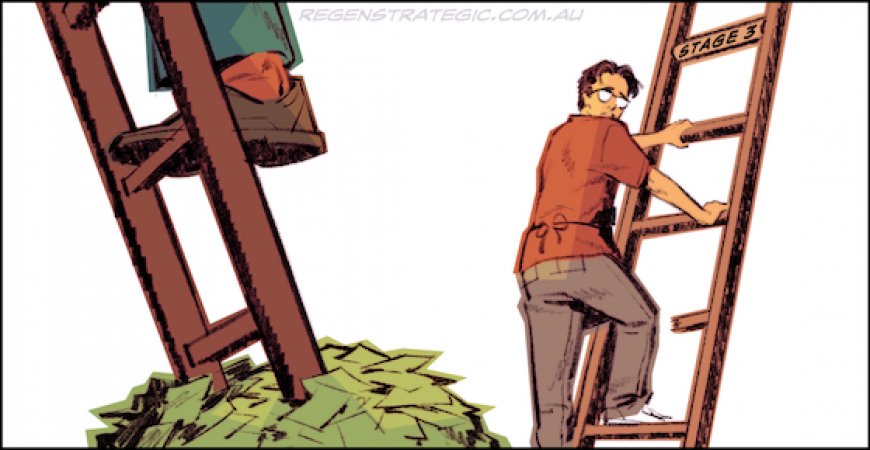When the facts change, I change my mind. What do you do, sir?
This quote has long been attributed to economist John Maynard Keynes, and could well be applied to Prime Minister Anthony Albanese’s decision to restructure the Morrison government’s Stage 3 tax cuts in favour of low to middle income earners.
Circumstances were certainly different when the original cuts were legislated by Morrison in 2019. Inflation was dead and unlikely to return, according to the Reserve Bank. COVID and wartime bottlenecks were black swan events yet to occur.
As a cost-of-living initiative, the reworking of the tax cuts to provide more support to lower- and middle-income earners is quite elegant. No additional money will be left circulating the economy to drive inflation than was originally proposed. Instead, the tax cuts will be apportioned more in line with those who need them most.
The risk to the Prime Minister’s political standing from a broken commitment is obvious. The further erosion of trust in our political system from another perceived breach of faith is a broader risk.
But, growing income and wealth inequality in industrialised economies like Australia over the last 50 years has been a much bigger driver of distrust in the system, than broken promises.
And, by increasing tax relief to lower- and middle-income earners, Albanese is reducing the inequality-worsening impacts of Morrison’s package.
Which is a change in direction that Keynes would likely be proud of.
This article also appeared in The West Australian newspaper.
 ReGen Strategic
ReGen Strategic